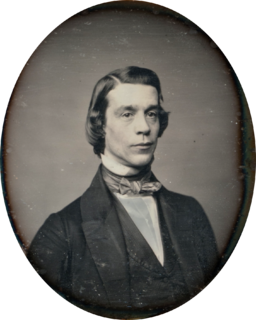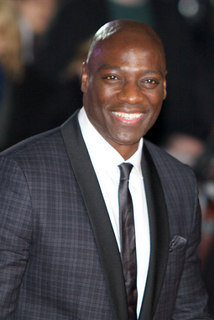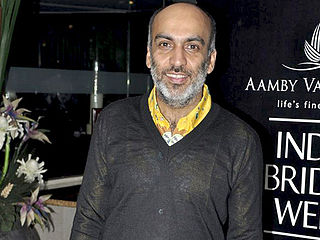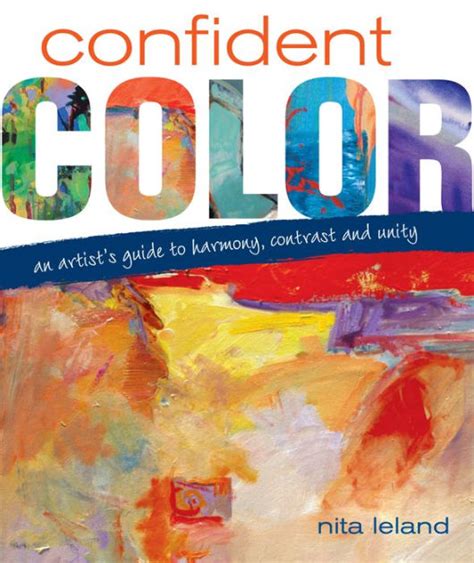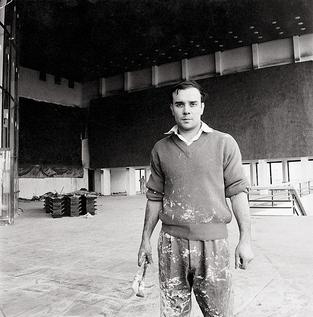A Quote by John Cho
It's hard in America as a writer of color, an actor of color, not to get caught up in race and culture. But you're also supposed to be able to write characters and scenes in a way where it's just a matter of fact, a component.
Related Quotes
The difficulty with color is to go beyond the fact that it's color ? to have it be not just a colorful picture but really be a picture about something. It's difficult. So often color gets caught up in color, and it becomes merly decorative. Some photographers use it brilliantly to make visual statements combining color and content; otherwise it is empty.
Deep, dark unearthly black. I hadn't told anyone yet, but the color kept streaking across my mind at the oddest moments. When it did, my skin shivered pleasantly, and it was as if I could feel the color tracing a finger tenderly along my jaw, tipping my chin up to face it directly. I knew it was absurd to think a color would come to life, but once or twice, I was sure I'd caught a flash of something more substantial behind the color. A pair of eyes. The way they studied me cut to the heart.
The fact is, that of all God's gifts to the sight of man, color, is the holiest, the most divine, the most solemn. We speak rashly of gay color and sad color, for color cannot at once be good and gay. All good color is in some degree pensive, the loveliest is melancholy, and the purest and most thoughtful minds are those which love color the most.
For many years, I have been moved by the blue at the far edge of what can be seen, that color of horizons, of remote mountain ranges, of anything far away. The color of that distance is the color of an emotion, the color of solitude and of desire, the color of there seen from here, the color of where you are not. And the color of where you can never go.
It's not a matter of whether the reviews of your books are good or bad, it's about being taken seriously, both as a woman writer and as a writer of color. Also, it worries me when people point to a couple of women writers or writers of color who get some attention - and I am sometimes pulled into that category - to prove that others are getting a fair shot. It's like those people who keep saying that racism no longer exists in this country because Barack Obama was a President of the United States.
Certainly, I look for different characters 'cause I always like to keep people guessing, and I also don't like to get typecast. I made a concerted effort, last year and this year, to get a range of characters, just to show people the range that I have, and for them to be able to see the artistry beyond the color.
The good is where American dream is alive and kicking. You can be any race, religion, color, creed, sexual orientation - it doesn't matter who you are or where you're from. If you have a talent and you have a passion and you're prepared to work hard, you can be anything you want to be. That's what I like about being in America.





